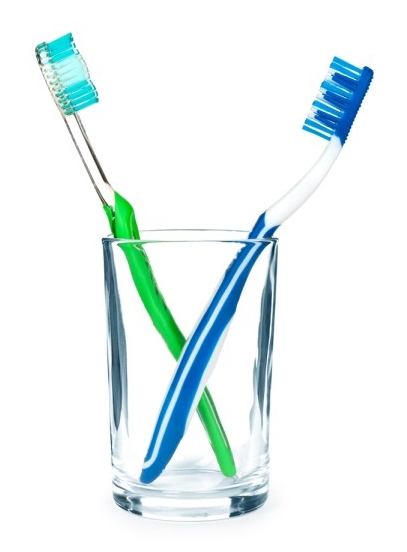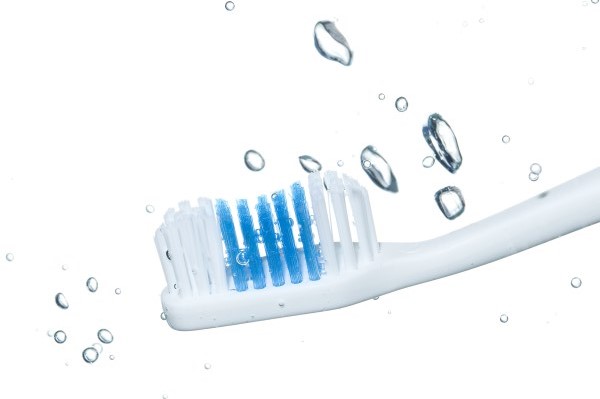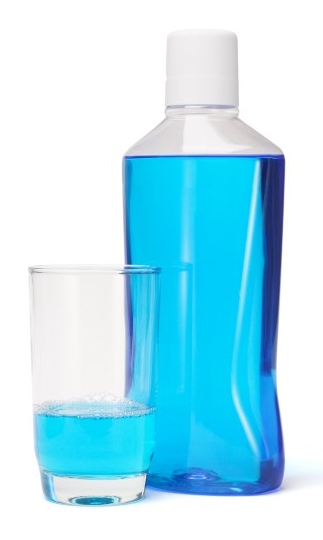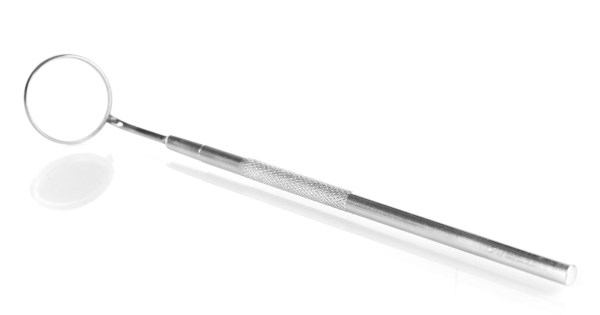PRINTED IN TCI WEEKLY NEWS
January 21st, 2012
 It’s never wasted time to stop and review how the choices we make in our lives impact on our health and well being. After the excesses of the holiday period New Year is a time when many of us might start a diet, try to reduce our alcohol consumption or increase the amount of exercise that we take.
It’s never wasted time to stop and review how the choices we make in our lives impact on our health and well being. After the excesses of the holiday period New Year is a time when many of us might start a diet, try to reduce our alcohol consumption or increase the amount of exercise that we take.
January is also a good time to have a think about our dental health and consider if the current practices we and our family are following are ideal in ensuring that our teeth and gums are staying in great shape. It can be all too easy when we are busy with work and family life to slip into bad habits and neglect some of the basic steps involved in maintaining good dental health.
To help with this, I would like to go back to basics and highlight the steps we should all follow to look after our teeth and gums. (Following these steps will also help keep your breath smelling good too!) Remember- it’s not tough, it’s not expensive and it doesn’t take much time!
Brushing teeth
This is the single most important thing you can do to care for your teeth.You should brush at least twice a day, when you get up in the morning and the last thing before going to bed at night. Use a toothbrush with a small head as this makes it easier to get into hard-to-reach places in the mouth. In general I recommend a fluoride toothpaste as fluoride strengthens tooth enamel, can reverse early decay and help reduce sensitivity.
Gently brush the outside, inside and chewing surface of each tooth. 2 minutes is enough time to thoroughly brush an adult’s teeth. (Now that really isn’t much is it?!) Also, keep an eye on the ‘health’ of your tooth brush. If the bristles are splaying out and flattening it’s time to invest in a new one.

In the case of younger children, it is often better that the adult does at least some of the brushing. I do not want to discourage children from brushing their own teeth but from experience with my own children I know that if I leave them to brush unassisted they generally just eat the toothpaste and then chew the toothbrush for a few seconds before announcing that they’ve finished!
Flossing
It is recommended that adults floss once a day. I recommend flossing after you have brushed your teeth in the evening.
Mouth wash/ rinse
Some people like to use a mouth wash. Whilst this is not completely necessary for people with good oral hygiene it can be a final finishing touch and give a fresh, clean sensation in the mouth. Specifically the foaming action/ bubbles of a peroxide mouth wash can be effective in lifting any remaining food particles from the teeth. I strongly recommend a mouth wash that is alcohol-free.
Regular visits to the dentist
Six monthly check-ups with the dentist will ensure that any problems are detected early and corrective action can be taken. You can have

cavities or gum disease without necessarily having pain; bad breath, bleeding gums, a white or light brown mark on the teeth can all be signs of potential problems or you may have no obvious symptoms at all. Early detection and correction of dental problems will mean less chance of dental pain, less chance of requiring emergency or complex treatment and less chance of losing teeth.
Professional cleaning will also ensure that teeth are given a thorough, deep cleaning and any calculus- which regular brushing at home cannot remove- is scaled away.
These simple, back-to-basic steps will go a long way to keeping your teeth strong and healthy.